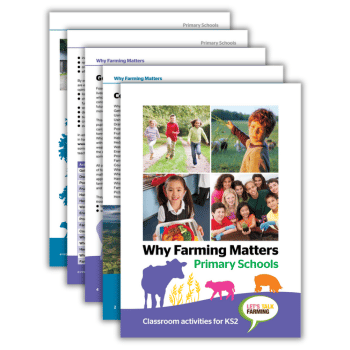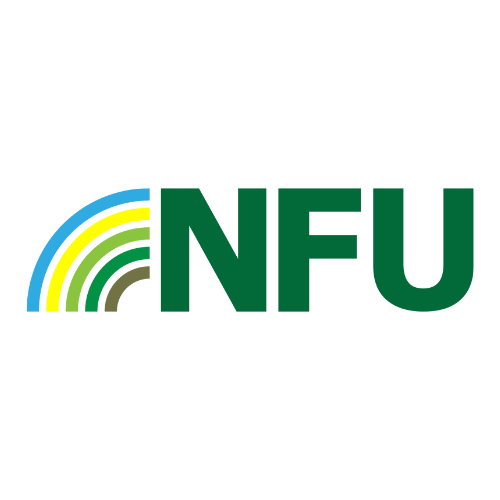40-page activity booklet PDF
KS2
Years 3-6
This farming KS2 resource comprises a 40-page booklet full of classroom activities…
Called ‘Why Farming Matters’, it contains lesson ideas designed to bring farming to life in the classroom and help pupils explore where foods come from. Linked to the KS2 national curriculum, the activities explore the vital role of farming in our lives.
Farming UK teaching resources
Farming plays a vital part in all our lives; without it, our ability to feed the world would be under threat. The role of farming is increasingly topical in an era when food security, climate change and energy security is of global concern.
The contribution that farming makes to our immensely diverse landscape, wildlife habitats, thousands of rural jobs, and in sustaining rural communities is well established.
Farming today is a high-tech, science-led industry, that underpins a farming and food sector providing more than 3.5 million jobs.
At a time when issues of children’s health and diet are foremost in the national consciousness, pupils clearly benefit from any exploration of what food does for them and what they should expect from it.
As increasingly sophisticated consumers of food, their opinions are of genuine interest. As they are people who will have families of their own in the future, it is entirely appropriate that we should listen to their voices and take their questions seriously.
This booklet aims to help children develop a better understanding of a part of their world about which few of them have direct knowledge, and begin to find out ‘why farming matters’.
Why teach this?
Food and farming are topics of great importance to all our lives but, even more significantly, they will involve challenges which children will have to face as they become the consumers, parents, politicians, leaders and thinkers of the future.
They will face the challenge of feeding more than nine billion people on the planet by 2050.
This resource contains activities to encourage Key Stage 2 pupils to start investigating this fascinating area of work, to carry out research, to discuss issues in class and to start forming their own opinions.
- How do we produce food?
- Who produces it?
- What are the many jobs associated with farming and the countryside?
- What impact does the weather have on farming and what effect does farming have on the environment?
- Why does farming matter?
These are just some of the stimulating areas for classroom work. All of the activities will help the teacher weave the themes of food and farming through the curriculum areas of English, maths, geography, science, art and design.
You can approach them separately or as part of a larger topic on food, farming, climate change, history, the environment, wildlife and the countryside.
They will also help pupils to acquire personal learning and thinking skills which will allow them to become:
- team workers
- self-managers
- independent enquirers
- reflective learners
- creative thinkers
- effective participators
By engaging in these activities pupils are encouraged to participate and form opinions. They will need to:
- listen to the opinions of others
- change their views in the light of further information
- work together with talk partners and in groups
- develop individual work
- suggest possible solutions
- create new designs
- evaluate their work
This resource was created by NFU, the voice of British Farming.











